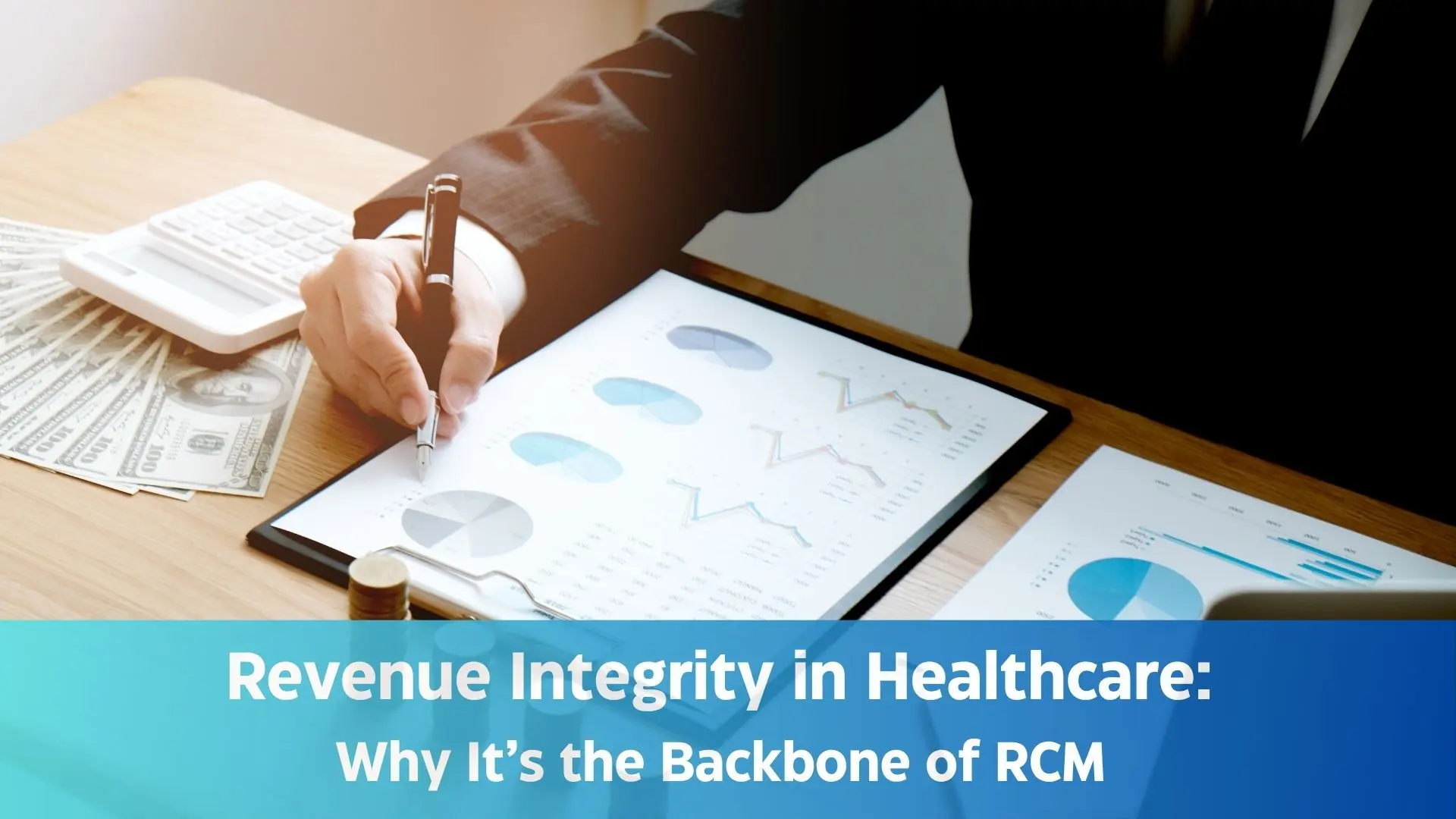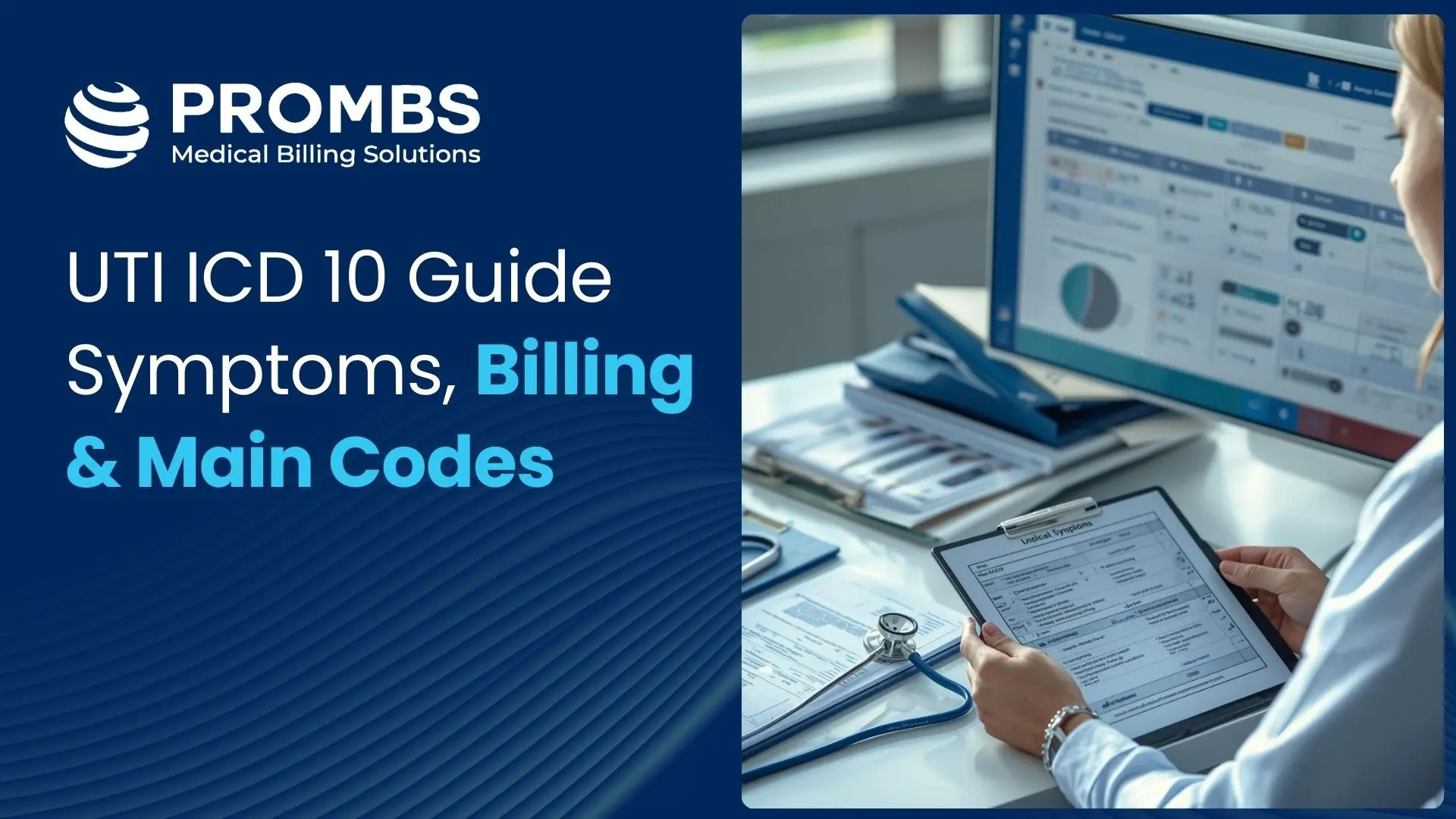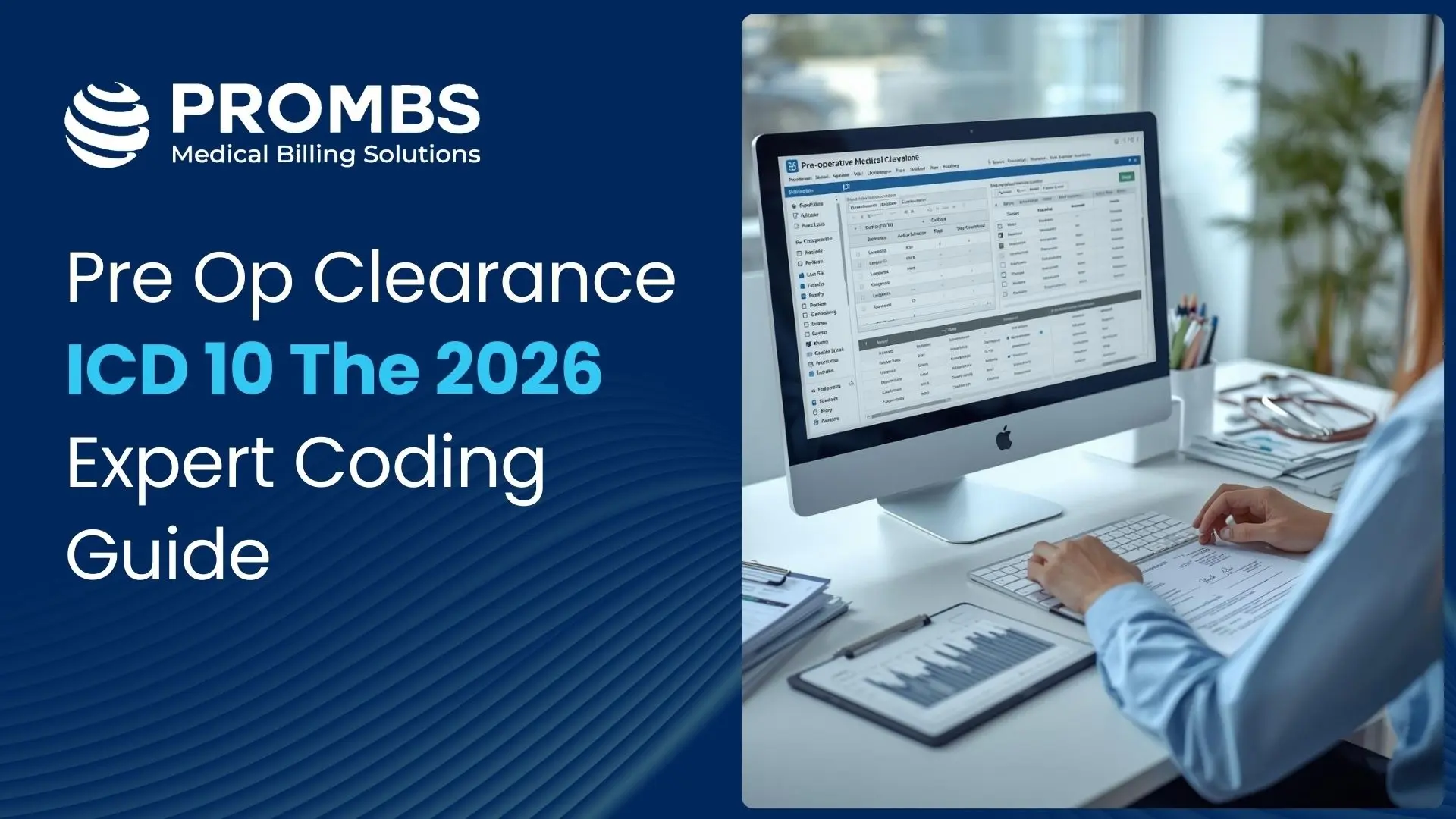Revenue integrity ensures that healthcare providers receive the correct reimbursements for the services they deliver, all while staying compliant with ever-evolving regulations. When implemented correctly, it forms the backbone of a smooth-running Revenue Cycle Management (RCM) system.
What is Revenue Integrity?
At its core, revenue integrity refers to the processes and practices that ensure healthcare providers are properly reimbursed for services rendered, without overcharging or undercharging. It is about aligning clinical and billing practices with compliance standards and regulations to guarantee that charges are captured accurately, claims are submitted correctly, and payments are received promptly.
Without effective revenue integrity, healthcare providers can face severe financial consequences, such as delayed reimbursements, claim denials, or even legal issues. Revenue integrity ensures that the revenue cycle operates smoothly, efficiently, and in full compliance with healthcare laws and regulations.
The Link Between Revenue Integrity and Revenue Cycle Management (RCM)
Revenue Cycle Management (RCM) refers to the process of managing and optimizing the financial aspects of patient care, from the moment a patient schedules an appointment to the time the final payment is collected. Revenue Cycle management involves various steps, such as insurance verification, coding, charge capture, claim submission, payment posting, and denial management.
Revenue integrity is directly linked to RCM, as it sets the foundation for many of the steps in the revenue cycle. Without proper revenue integrity, even the most efficient RCM system can fall short in ensuring that a healthcare provider receives accurate and timely reimbursements.
How Revenue Integrity Impacts Hospital Financial Outcomes
When healthcare providers fail to maintain strong revenue integrity, the financial ramifications can be significant. Below are a few areas where poor revenue integrity can hurt a hospital's financial performance:
1. Charge Capture and Billing Accuracy
Charge capture is the process of documenting all services provided to a patient and ensuring that they are accurately billed. If this step is not done properly, healthcare providers may either undercharge for services or fail to capture all billable services, leading to revenue loss.
On the flip side, overcharging can result in denials or audits from payers, which can lead to financial penalties. Maintaining revenue integrity ensures that every service is properly documented and charged, maximizing revenue without violating regulations.
2. Compliance with Healthcare Regulations
Healthcare regulations, such as the Health Insurance Portability and Accountability Act (HIPAA) and the Affordable Care Act (ACA), are complex and continuously evolving. Non-compliance with these regulations can result in hefty fines, audits, and damage to a provider’s reputation.
Revenue integrity ensures that healthcare organizations stay compliant by enforcing proper coding, billing, and documentation practices. This reduces the risk of costly mistakes and ensures that providers are adhering to the legal framework surrounding healthcare reimbursements.
3. Reducing Denials and Rejections
Claim denials and rejections are a common issue in healthcare revenue cycles. They can arise from errors in coding, incorrect patient information, or missed charges. Denied claims often lead to delayed reimbursements and additional administrative costs for re-submitting claims.
By maintaining strong revenue integrity practices, hospitals and healthcare providers can prevent errors before they occur, reducing the likelihood of denials and ensuring that claims are paid in full and on time.
4. Maximizing Financial Performance
Properly executed revenue integrity enhances the overall financial performance of healthcare organizations. By ensuring that charges are accurate, payments are timely, and regulations are followed, providers can maintain healthy cash flows and reduce operational costs associated with claim rework, appeals, and audits.
How to Improve Revenue Integrity in Your Healthcare Organization
Improving revenue integrity is essential for maintaining financial health and operational efficiency. Partnering with a specialized billing company can help streamline the process, ensure compliance, and optimize your revenue cycle.
Streamline Billing with Expert Support
Professional medical billing solution specializes in accurate charge capture, timely claims submission, and reducing billing errors. By outsourcing to Prombs, you ensure a smooth billing process, freeing your team to focus on patient care.
Ensure Compliance and Minimize Risk
Healthcare regulations are constantly changing. Prombs stays up-to-date with the latest compliance rules, reducing the risk of audits, denials, and penalties. Their team ensures your organization’s billing practices remain compliant and efficient.
Denial Management Made Easy
Denied claims can delay revenue and increase administrative work. We provide proactive denial management services, quickly identifying the reasons for rejections and working to resolve issues, improving your cash flow.
Leverage Data for Better Outcomes
Prombs offers detailed financial reporting and data analytics to help your organization track performance, identify trends, and optimize the revenue cycle. This data-driven approach ensures better decision-making and improved financial outcomes.
Conclusion
Revenue integrity is essential to the success of healthcare providers. It ensures that the revenue cycle runs smoothly, accurately, and in compliance with regulations. By focusing on charge capture, coding accuracy, compliance, and denial management, healthcare organizations can improve their financial outcomes and reduce the risk of costly errors.



